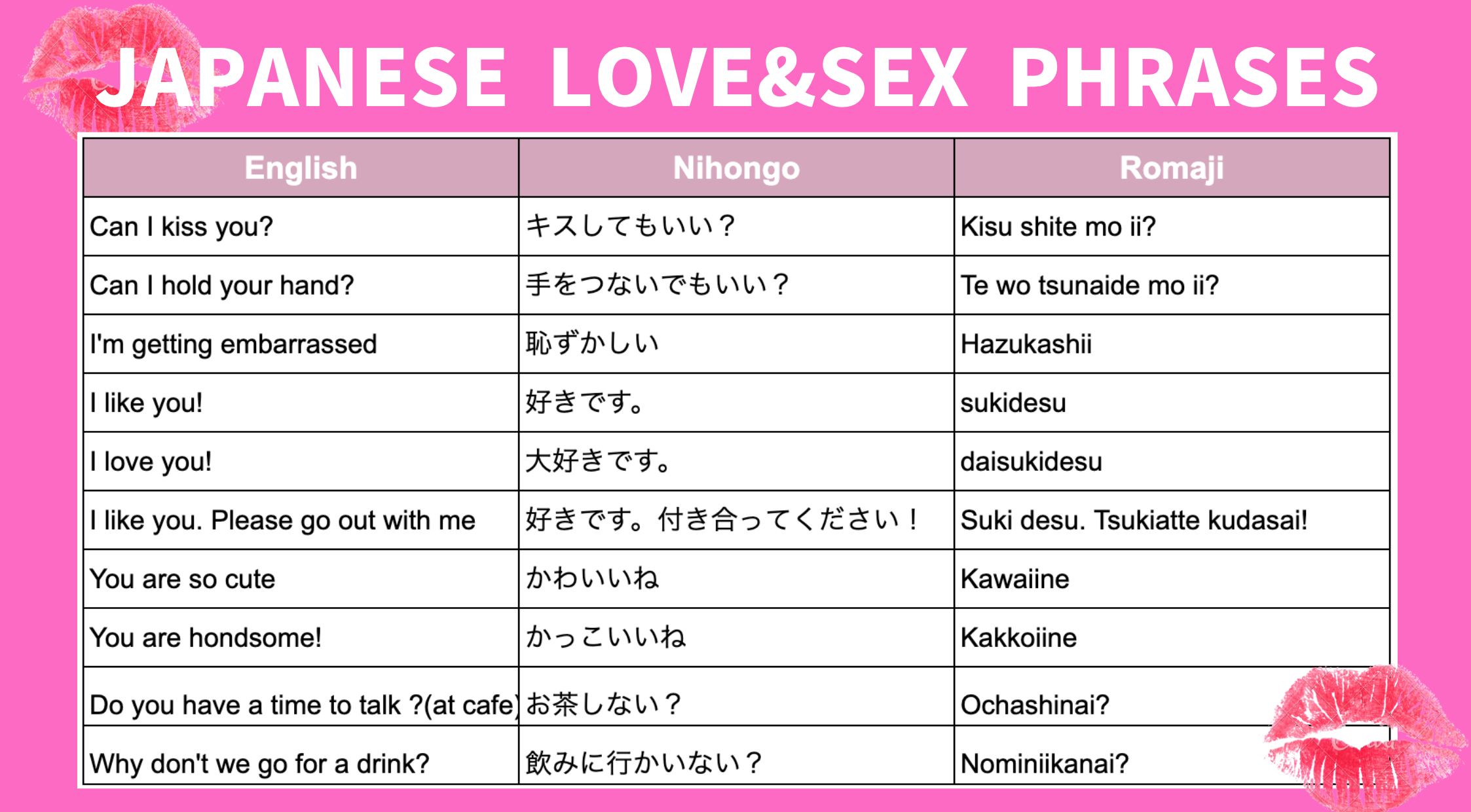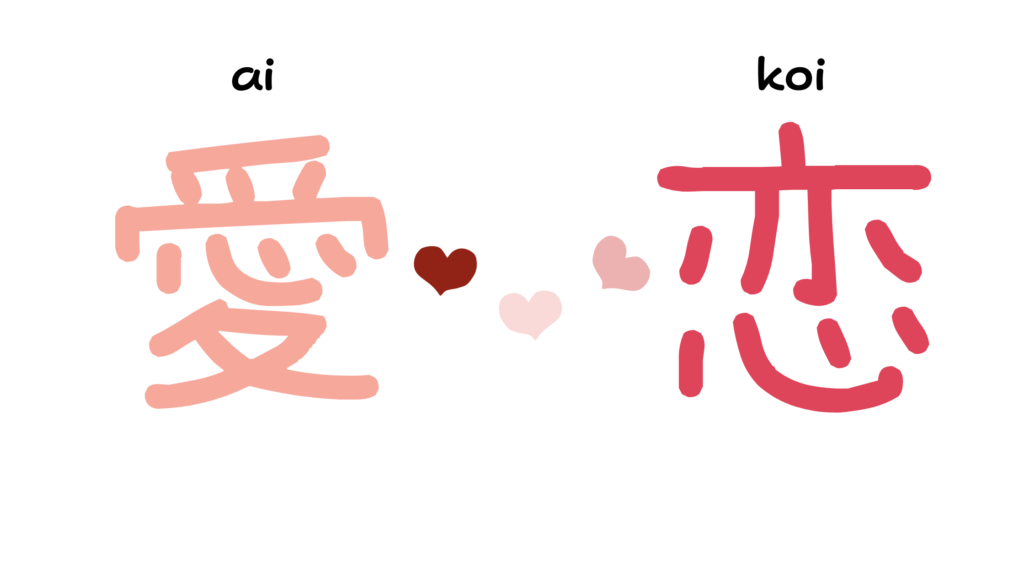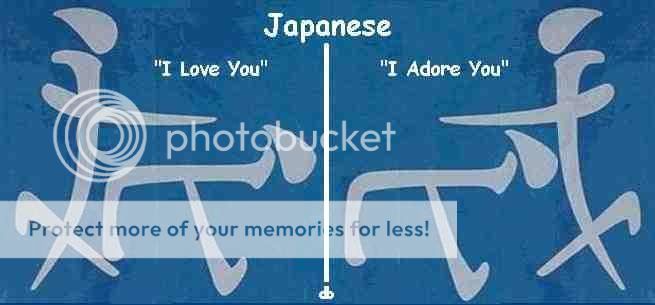


In fact, Japanese people consider that 恋 is a selfish way of loving. However, because 恋 expresses our own personal desire with no actual care for what the object of our affection is feeling towards us, it isn’t always such a positive feeling. No wonder then that you find the kanji used in phrases such as “to fall in love”, “first love”, “lover” and “love letter”. In that spirit, 恋 is probably close to what we label romantic love in the West. When you feel butterflies in the stomach, when you ache for your one-sided love to finally move on to something more, that’s 恋. While its translation is “love”, we’re talking about the almost painful attraction and desire that makes us long for the object of our affection. The word 恋 expresses an intense, passionate and uncontrollable love we feel for someone. However, as you can imagine, they each have nuances that clearly set them apart. After all their English translation is the same and both have for radical the kanji 心, the “emotional” heart. The first thing you discover when you look up the word “love” in a dictionary, is that Japanese has not one, but two kanji to express the notion of love.Īt first glance, the words koi (恋) from ai (愛) feel similar. So keep this perspective in the back of your mind as we take a closer look at the vocabulary for love in Japanese. They have a strong belief that love is better expressed through actions rather than words. It doesn’t mean Japanese do not love passionately, they do very much so! But they express their feelings indirectly, with such a subtlety that reading through the lines ain’t easy for foreigners.

Generally speaking, Japanese people are much more discreet, keeping their feelings bottled up inside, as a way to preserve themselves and others from loud emotions. When you learn Japanese, you quickly realize that Japanese communication is very indirect and far less verbose than what the West is familiar with. The phrase is used so much that we can sometimes wonder if the feeling is real or if it’s just a habit.īut in Japan, however, love ain’t that straightforward.

We say I love you over the phone, on sticky notes and emails. And when it comes to saying “I love you”, we do so more time than we can count. We have this idea ingrained from an early age that declaring our flame is healthy, that public grand gestures, as crazy as they may be, are romantic. If love is a universal signal for humans, our cultural mindset defines how we share our feelings.įor better or for worse, Western cultures are obsessed with love and all what the notion entails, a deep emotional involvement with others, the endless search for the soulmate and the constant reaffirmation of our feelings.
#I love you in japanese how to


 0 kommentar(er)
0 kommentar(er)
